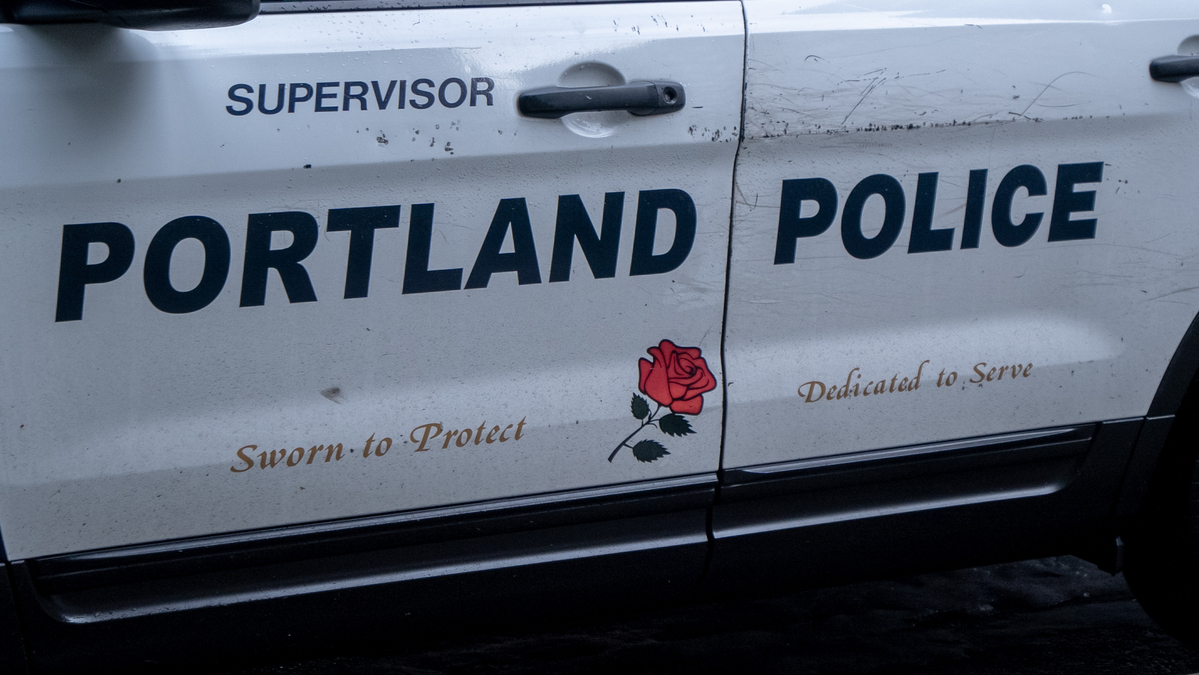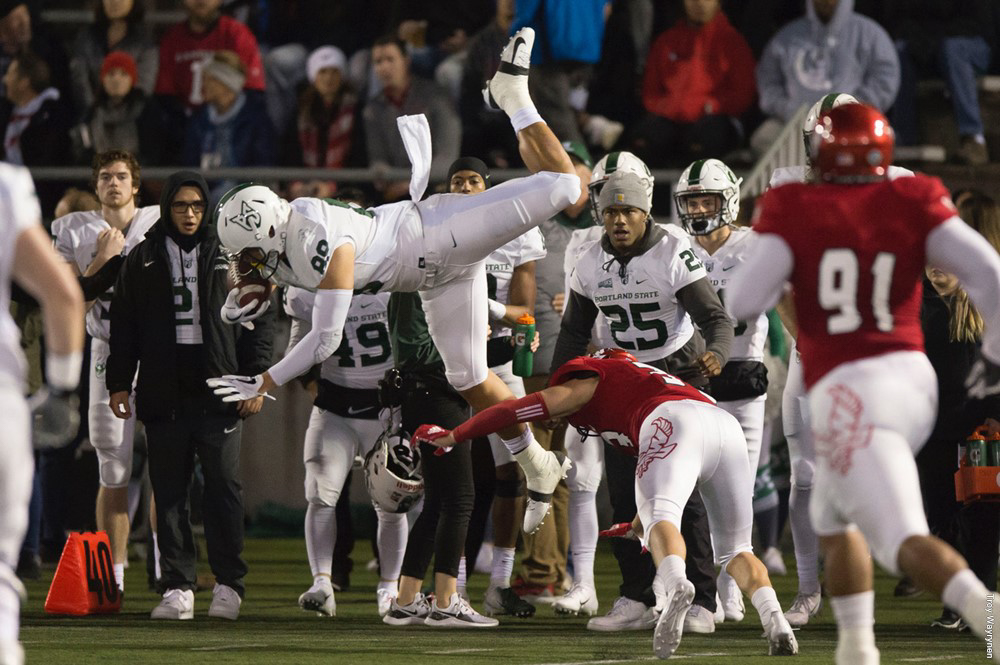After their brutal mishandling of the 2020 protests held in the wake of George Floyd’s murder by Minneapolis Police Officer Derek Chauvin, the Portland Police Bureau has been under deservedly harsh scrutiny from city officials, the general public and the United States Department of Justice (DOJ).
Despite this scrutiny, however, a state labor arbitrator recently ordered the reinstatement of officer and former Portland Police Association President Brian Hunzeker after he was discovered to have leaked false information to the press, per Willamette Week. That Hunzeker was given his job back with only a one-week suspension displays how the Bureau’s lack of accountability runs rampant to this day.
According to a 2021 article published by Oregon Public Broadcasting (OPB), Portland police officers used force against protestors over 6,000 times in 2020, with many officers neglecting to file the required use of force accountability paperwork.
A Feb. 2021 report from the DOJ indicated that police supervisors “validated uses of force with little to no critical assessment—even uses of force captured on video and replayed on news media, or later became subject to complaints.” Per the DOJ report, these actions “stand in contrast to the Bureau’s policy requirements for force investigations and the Bureau’s expressed organizational goals.”
The Bureau’s actions in 2020 displayed a disturbing lack of accountability within the Bureau—a lack that has garnered intense criticism from Portland citizens and city officials alike, including former Commissioner Jo Ann Hardesty, the first Black woman to serve on Portland’s City Council.
“What we have now does not work,” Hardesty wrote in a Nov. 2020 Twitter thread. “You cannot look me in the eye and tell me that a Bureau responding violently to protestors every night works for us. Or that over 50 percent of all the Bureau’s arrestees are houseless works for us… We can’t keep talking about how we as a city are committed to centering BIPOC voices but never actually acting on things they call for. Listening without action is not progress, it is lip service.”
In March 2021, Hunzeker was found to have leaked false information to an Oregonian reporter that implicated Hardesty in a hit-and-run. According to OPB, Hunzeker confessed to investigators that he leaked this information in retaliation against Hardesty’s criticisms of the Bureau.
Hardesty, who was proven not to have been involved in the crime whatsoever, then filed a $5 million lawsuit against the Association, the city of Portland, Hunzeker and Portland Police Officer Kerri Ottoman—who is said to have distributed the false information to a political action committee called the Coalition to Save Portland. The trial is set to begin on Sept. 26, 2023.

Hunzeker then stepped down from his position as president and was put on administrative leave until he was ultimately fired from the Bureau altogether. However, despite an internal investigation proving Hunzeker’s guilt in the matter, the Oregon Employment Relations Board filed a report in Feb. 2023 that indicated Hunzeker will be reinstated to his position on the police force.
Timothy Williams, a state-appointed arbitrator, instructed the Bureau to rehire Hunzeker within 30 days and pay him the wages he missed following his termination. Williams wrote in a report that Hunzeker’s termination was a politically motivated injustice that was not justified by the facts at hand.
OPB reported that arbitrators such as Williams are notorious for reinstating previously terminated officers. In 2010, Portland police officer Ron Frashour shot and killed 25-year-old unarmed Black man Aaron Campbell. After the city paid Campbell’s family a $1.2 million settlement, Frashour was reinstated to his position in 2012 by a state-appointed arbitrator.
Williams also claimed that the city investigation into Hunzeker failed to display the extreme harm the situation caused Hardesty, yet again displaying the Bureau’s utter lack of respect for the complaints and concerns of the city’s Black community members.
Though the trial on this matter is many months away, the Bureau’s decision to reinstate Hunzeker after his retaliatory actions shows the organization’s blatant disregard for the pain and suffering they cause Portland citizens—particularly citizens of color. Especially when considering the Bureau’s violent actions during the 2020 protests, it has become abundantly clear that this organization—which supposedly exists to ensure the safety of all community members—is only looking out for itself.
If the Bureau refuses to hold officers accountable for their actions even when there is glaring evidence of wrongdoing, then it is safe to say that the police, for lack of a better phrase, have simply not learned their lesson. The situation with Hunzeker, on top of the mountain of other accounts of police wrongdoing, proves that the Bureau cannot be trusted to hold themselves accountable.
If the Bureau continues to dismiss valid criticisms like the ones eloquently laid out by Hardesty, then it is clear they do not value public opinion or concern. The Bureau does not have the public’s best interests in mind—only their own. And what does that mean for the future of Portland? Sadly, there is much worse in store unless we pay attention to voices like Hardesty who urge for significant reform of the Bureau.






